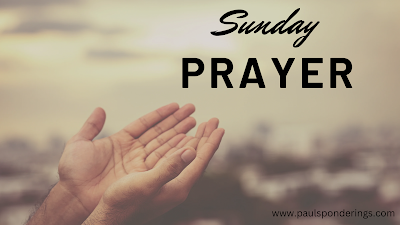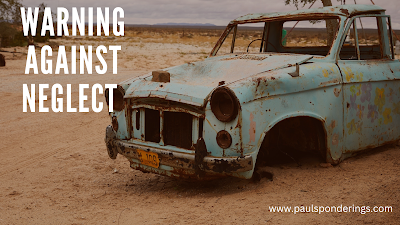All of us have an Everyday Carry. Most of the items we carry on a daily basis are there by default: wallet, keys, and phone. We wouldn’t get very far without those things.
For me, EDC is taking things to the next level. It isn’t just about what I need to take along with me, but thinking about what items would actually be helpful in our daily lives. The basic level of EDC is the items we have by default, and the next level of EDC is the items we have by choice.
Creating an Everyday Carry (EDC) is a personal process that involves selecting the items that will best suit your needs and preferences. Here are some general steps that can help guide you through the process:
Determine the purpose of your carry.
I believe that you should think in terms of purpose rather than need. The reason for this is that, for many of us, the items that we “need” on a daily basis are small; in fact, they are covered by our default carry. As a pastor, I have no need to carry a knife, multitool, or flashlight on a daily basis. From a need standpoint, my EDC is impractical.
This is why determining the purpose of your carry is crucial. Having a purpose to your carry moves things from being impractical to serving a purpose. In my mind, there are two main philosophies when it comes to purpose: Functional or Preparedness.
A Functional Carry would mean carrying items that are helpful for your job or daily life. For example, I grew up on a farm, and in my high school and college years, I began carrying pliers with me because they were helpful for a variety of tasks (plus my dad did). I know that if I were a farmer, I would carry with me: a pair of pliers, a heavy-duty multitool (Leatherman Surge), a solid budget knife (Ontario RAT 1), a flashlight, and a pencil or Sharpie. All those things would prove useful throughout the day and reduce the need to run back to the shed to get what I need. There are certain jobs for which it makes sense to build your carry based on its functionality on a daily basis.
A Preparedness Carry would be carrying items based on being prepared for what circumstances might arise during the day. This is my philosophy when it comes to EDC. A preparedness carry is based on thinking through the most likely circumstances you might face during a normal day, rather than trying to be prepared for every potential event that might happen.
I carry the Leatherman Skeletool because most of the maintenance tasks that might pop up at home require nothing more than pliers or a screwdriver. I carry the Olight i3t eos flashlight for those times when I might need to look under the couch or other dark place in search of a Lego that dropped there. I carry the Victorinox Tinker Swiss Army knife because of its tweezers that I have used to get splinters out of the kids’ hands. I carry the Zebra Telescopic pen for those times I am out and need a pen to jot a note or sign my name. I carry the Civivi Baklash for opening boxes and packages. I don’t need any of these on a daily basis, but during a regular week each of these items will get some use.
Understanding the purpose behind your carry will help you determine the items you want to include in your carry.
Make a list.
There are common items associated with EDC, such as a knife, multitool, flashlight, and pen. However, remember that you are creating a list based on your purpose. While it is tempting to copy someone else's carry or obtain cool gear, we may end up accumulating gear that doesn't fit our purpose.
The best place to start when creating a carry is with what you already have. There is no need to buy a new knife or multitool when you probably already have one lying around. By carrying items that you already have, you can get a feel for what you would like to include in your EDC, what you might like to upgrade, and what items don't interest you.
It is important to create a list of EDC items based on what works well for you rather than what other people say is useful or cool.
Research and choose your items.
This is part of the fun of EDC. There are many YouTube videos and blog articles that discuss EDC and review different items. What I like to do is look for budget items that are of high quality. With a little bit of research, it is possible to assemble a carry that consists of quality items but is fairly inexpensive.
Consider your carry method.
For me, EDC mainly involves the items you carry on your person. With this in mind, you don't want your pockets to be filled with a bunch of loose items. There are different pocket organizers available that allow you to keep your items organized. I have organizers that hold my pen, flashlight, and mini-multitool.
A keychain might be another option for small items. Many of the smaller flashlights and multitools have attachments that allow them to be put on a keychain. Personally, I don't like the bulk of a keychain, but it is a possibility.
Test and adjust.
Once you have assembled your EDC, test it out and make adjustments as needed. You may find that some items are more or less useful than you initially thought, or that you need to switch out certain items for different situations. You will also discover what you like and don't like in knives, flashlights, multitools, and other gear. This will give you confidence as you seek to upgrade and finalize your carry.
Remember, creating an EDC is a personal process, and there is no one "right" way to do it. The goal is to create a collection of items that will help you be prepared for whatever challenges you may encounter in your daily life.























